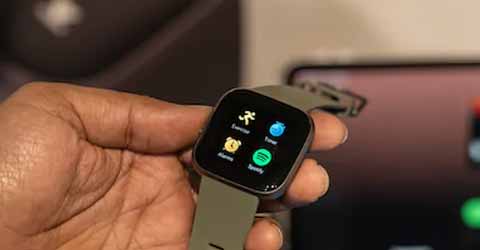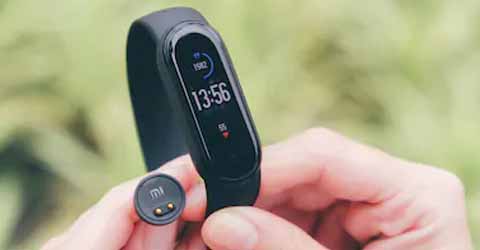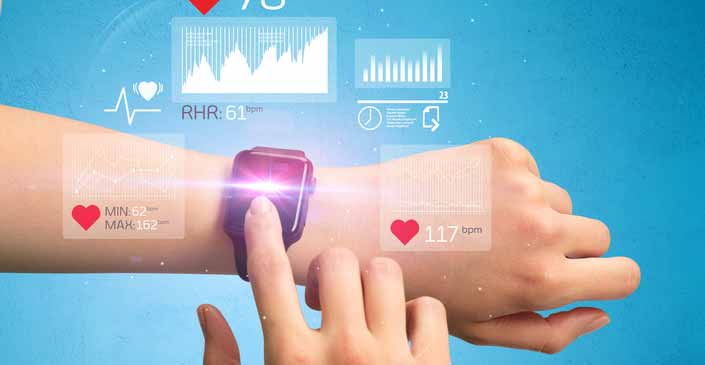Smartwatches do not only have to be young or technologically knowledgeable. In reality, innovation and developments in consumer and wearable technology may have a positive effect on health and care.
There are now wearable devices on the healthcare side that can help you monitor the heart rate and even blood pressure. It can be as quick to verify these parameters as to look at your wrist. Now you have sensors that can chart the rhythms of your sleep, how rapidly your heart beats, how far you are today, and these are just the tip of the iceberg.

In reality, even devices such as the Jawbone UP capture your movement data during the day and during your sleep, analyse the data with the aid of an intelligent app running your smartphone and easily digest the data for you. This helps you to gain new perspectives and even encourage you to improve your habits. After all, it is assessed, it is over. You can now calculate all these parameters on your side without much effort.
However, these instruments are now primarily used by people who want to keep their sleep cycles fit or track and do not use them in conventional medicine for monitoring patients. However, it is not an extension of seeing these instruments used by physicians and hospitals to monitor the status and results of the patient. This will encourage a doctor to provide more data for diagnosis, care and adaptation of a patient’s procedures so that patients would obtain better results.
Imagine a world in which your smart watch or other wearable technology keeps quietly tabs on various health parameters and knows when you are not sleeping enough, when you have been eating too much or too little, not enough practise, when your amount of blood oxygen decreases, your blood pressure rises and more. All these data can be evaluated, and if any predefined thresholds are crossed, you and your doctor can be warned. This helps you to seek medical advice sooner and catch a disease before it can affect you.
Most smartwatches are fitted with internal microphones and speakers. You can dictate voice messages or hear voice messages. This function can also be used to submit voice commands.
Smartwatches also have all the features that we had on our fitness trackers incorporated. Health benefits include controlling the heart rate, quality and time of sleep, exercise and general fitness.
Hours Sleeping and sleep quality – Accelerometer, Gyro and Heart Rate sensors can be used to measure sleep on a smartwatch. Different watches use different sleep and quality monitoring algorithms with varying success levels. The best ones in my experience are able to know very well when I slept and woke up.
Heart Rate Measurement –Measuring the cardiac rate has many advantages. It enables you to control your heart rate when exercising. See https://www.emailmeform.com/builder/emf/Al512/koretrak-avis to know more about smartwatch.

Offline music streaming functions are still not very popular on smartwatches, but it is a great advantage for those who want a hand free experience while running or in the gym.
Either you can power your music player on your mobile and mainly use the smartwatch to stream music from your watch to your headphone. This is a helpful feature for sports and does not want to use a mobile. You can store your music on the computer or even stream over the network with cellular smartwatches.
